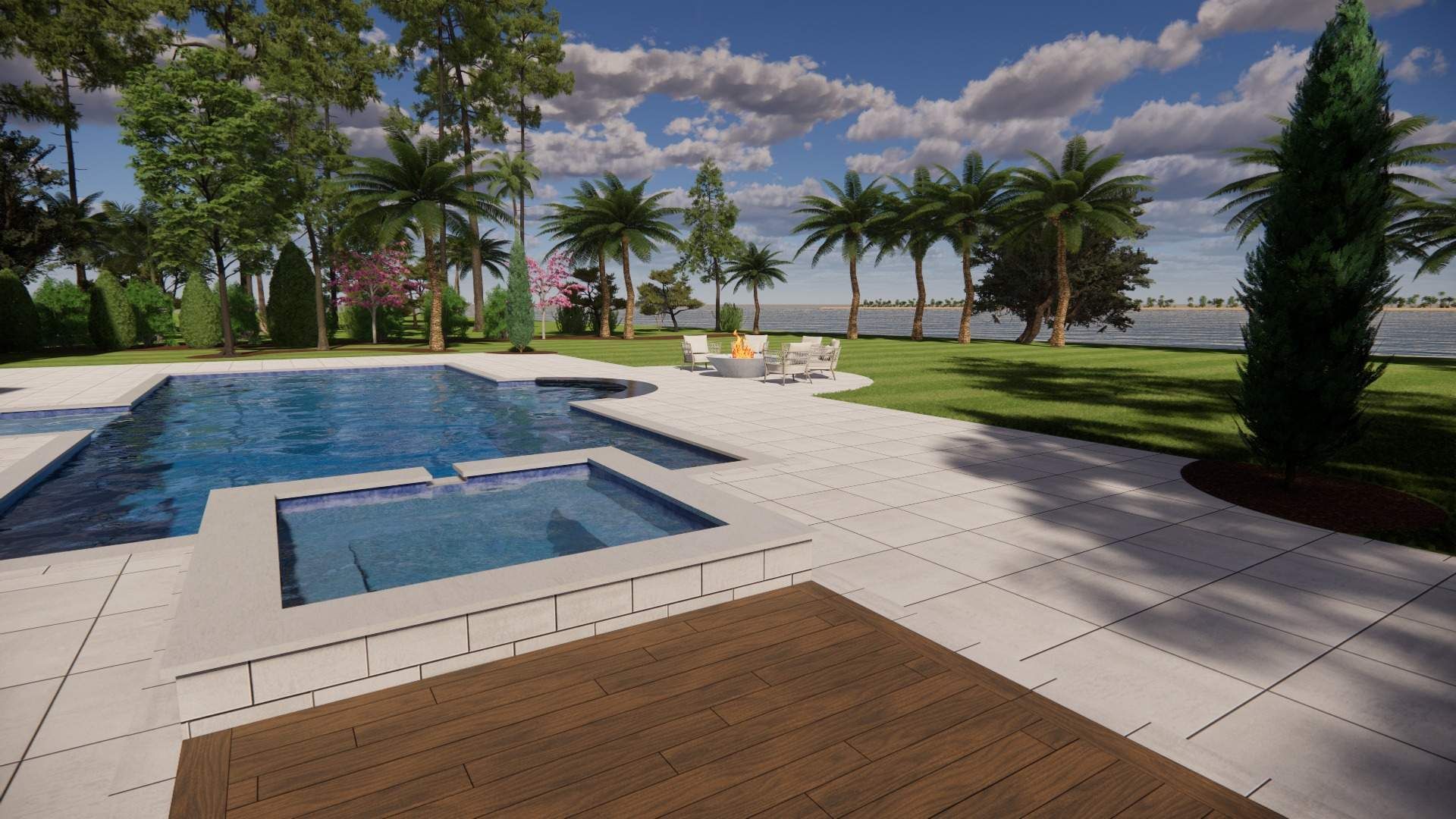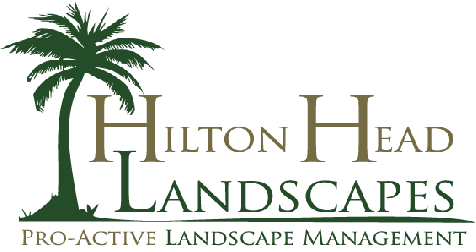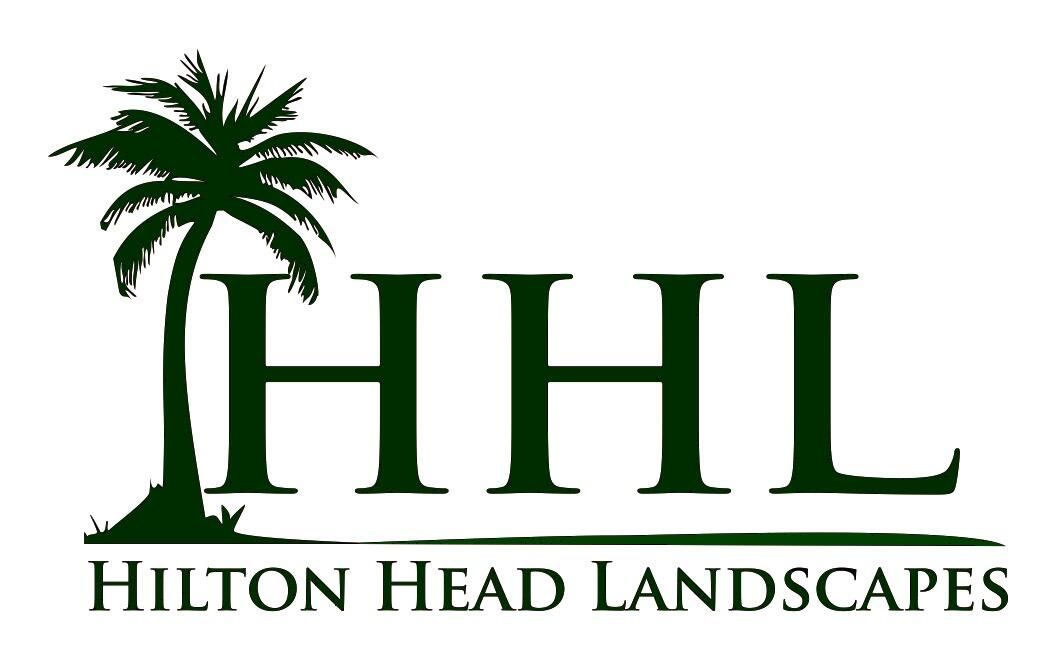Seasonal Irrigation Adjustments: Hilton Head's Guide
Seasonal irrigation adjustments are crucial for maintaining a healthy and vibrant landscape in Hilton Head Island. As the climate shifts throughout the year, your watering needs change, requiring you to modify your irrigation system accordingly. This guide will help you understand and implement effective seasonal adjustments to keep your lawn and gardens thriving while conserving water.
Key takeaways
- Seasonal changes in Hilton Head Island greatly impact irrigation needs
- Spring requires gradual increases in watering frequency
- Summer demands more frequent watering due to high heat and humidity
- Fall and winter need reduced watering schedules
- Smart controllers can automate seasonal adjustments
- Regular system maintenance is essential for optimal performance
- Water conservation techniques should be implemented year-round
Understanding Hilton Head Island's climate and its impact on irrigation
Hilton Head Island experiences a subtropical climate with hot, humid summers and mild winters. This unique weather pattern significantly affects how we approach irrigation throughout the year. The island's proximity to the ocean also influences humidity levels and rainfall patterns, which must be considered when adjusting your irrigation system.
Spring Awakening: Ramping Up your Irrigation System
As the dormant season ends and plants begin to grow again, it's time to gradually increase your watering schedule. In Hilton Head Island, spring typically arrives earlier than in many other parts of the country, so you'll want to start adjusting your system in late February or early March.
Inspecting your system after winter
Before you start increasing water flow, it's essential to check your irrigation system for any damage that may have occurred during the winter months. Look for leaks, broken sprinkler heads, and clogged nozzles. Addressing these issues early will ensure your system operates efficiently throughout the growing season.
Gradual increases in watering frequency
Don't make the mistake of dramatically increasing your watering schedule all at once. Instead, slowly ramp up the frequency and duration of watering sessions over several weeks. This gradual approach allows plants to adjust and promotes deeper root growth, which is essential for drought resistance later in the year.
Summer Heat: Balancing Water Needs and Conservation
Summers in Hilton Head Island are hot and humid, putting significant stress on your landscape. During this season, your irrigation system will need to work harder to keep plants hydrated and healthy.
Adjusting for high temperatures and humidity
As temperatures rise, increase your watering frequency to compensate for increased evaporation. However, be mindful of the high humidity levels typical of Hilton Head Island summers. High humidity can slow evaporation, so you may not need to water as much as you would in drier climates.
Implementing water-saving techniques
Even with increased watering needs, it's important to practice water conservation. Consider using mulch around plants to retain moisture and reduce evaporation. Additionally, water early in the morning to minimize water loss due to evaporation during the heat of the day.
Fall Transition: Preparing for Cooler Weather
As summer heat begins to wane, it's time to start reducing your irrigation schedule. In Hilton Head Island, this transition typically begins in late September or early October.
Gradual reduction in watering frequency
Similar to the spring ramp-up, you'll want to gradually decrease your watering frequency and duration. This slow transition helps plants adjust to the changing conditions and prepares them for the cooler months ahead.
Adjusting for fall plantings
Fall is an excellent time for new plantings in Hilton Head Island. If you're adding new plants to your landscape, be sure to adjust your irrigation system to provide adequate water for establishment without overwatering existing plants.
Winter Adjustments: Minimizing Water Use During Dormancy
While Hilton Head Island experiences milder winters than many other regions, plant water needs still decrease significantly during this season. Proper winter irrigation adjustments can help prevent overwatering and conserve resources.
Reducing watering frequency and duration
Most plants require minimal watering during winter months. Reduce both the frequency and duration of your irrigation cycles to match the decreased water needs of dormant plants.
Protecting against occasional freezes
Although rare, Hilton Head Island can experience freezing temperatures. When frost is in the forecast, it's important to run your irrigation system briefly before sunrise. This can help protect plants from frost damage by creating a protective layer of ice.
Utilizing Smart Irrigation Controllers for Automatic Adjustments
Smart irrigation controllers can take much of the guesswork out of seasonal adjustments. These advanced systems use local weather data to automatically adjust watering schedules based on current conditions.
Benefits of weather-based controllers
Weather-based controllers can significantly improve the efficiency of your irrigation system. They consider factors like temperature, rainfall, and evapotranspiration rates to determine optimal watering schedules, often resulting in water savings of 30% or more.
Setting up and maintaining smart controllers
While smart controllers can automate much of the adjustment process, they still require proper setup and occasional maintenance. Be sure to input accurate information about your landscape, including plant types, soil conditions, and sun exposure, to ensure the controller makes appropriate adjustments.
Importance of Regular System Maintenance
Regular maintenance is crucial for ensuring your irrigation system operates efficiently throughout the year. Proper upkeep can help you catch and address issues early, preventing water waste and potential landscape damage.
Monthly system checks
Perform a monthly walk-through of your property to inspect sprinkler heads, check for leaks, and ensure proper coverage. Look for signs of overwatering or underwatering in your landscape, which may indicate the need for adjustments.
Annual professional inspections
Consider scheduling an annual professional inspection of your irrigation system. A trained technician can perform a thorough evaluation, make necessary repairs, and help you optimize your system for maximum efficiency.
Water Conservation Techniques for Year-round Savings
While seasonal adjustments are important, implementing water conservation techniques can help you save water and money throughout the year.
Implementing drip irrigation
Drip irrigation is an efficient watering method that delivers water directly to plant roots, minimizing evaporation and runoff. Consider installing drip irrigation for garden beds, shrubs, and trees to reduce overall water usage.
Using native and drought-resistant plants
Incorporating native and drought-resistant plants into your landscape can significantly reduce your irrigation needs. These plants are adapted to the local climate and often require less supplemental watering once established.
Tailoring Irrigation to Specific Plant Needs
Different plants have varying water requirements, and adjusting your irrigation system to meet these needs can improve overall landscape health while conserving water.
Zoning your irrigation system
Group plants with similar water needs together and create separate irrigation zones for each group. This allows you to provide the right amount of water to each area without over or under-watering others.
Adjusting for sun exposure and soil type
Consider factors like sun exposure and soil type when setting up your irrigation schedule. Areas in full sun may require more frequent watering than shaded areas, while sandy soils typical of Hilton Head Island may need more frequent, shorter watering sessions compared to clay soils.
Seasonal Irrigation Adjustment Schedule for Hilton Head Island
To help you plan your seasonal adjustments, here's a general guide for irrigation scheduling in Hilton Head Island:

Monitoring and Adjusting Based on Rainfall
Hilton Head Island receives significant rainfall throughout the year, which should be factored into your irrigation schedule. Here are some tips for adjusting based on rainfall:
- Install a rain sensor to automatically shut off your system during and after rainfall
- Reduce or skip irrigation cycles following heavy rain events
- Monitor weather forecasts and adjust your schedule accordingly
Seasonal Plant Care Tips for Hilton Head Island
To complement your irrigation adjustments, consider these seasonal plant care tips:
- Spring: Apply a slow-release fertilizer to promote healthy growth
- Summer: Mulch beds to retain moisture and suppress weeds
- Fall: Overseed lawns with cool-season grasses for winter color
- Winter: Protect sensitive plants from occasional freezes with covers or frost cloth
Embracing the Art of Seasonal Irrigation Adjustments
Mastering seasonal irrigation adjustments is key to maintaining a beautiful and water-efficient landscape in Hilton Head Island. By understanding local climate patterns, utilizing smart technology, and implementing water conservation techniques, you can keep your outdoor spaces thriving year-round while being a responsible steward of our precious water resources.
Remember, every landscape is unique, and it may take some trial and error to find the perfect irrigation schedule for your property. Don't hesitate to seek advice from local landscaping professionals or the Hilton Head Island water utility for personalized recommendations tailored to your specific needs. For more information, you can visit our website or contact us.



